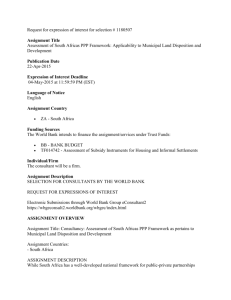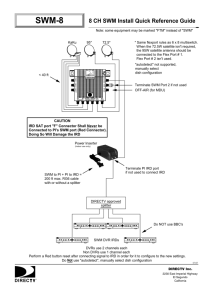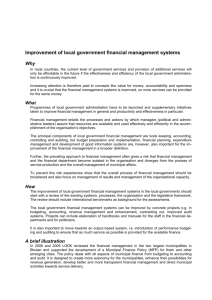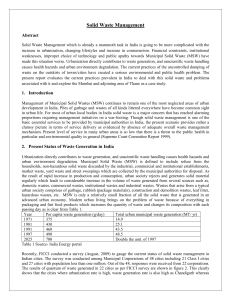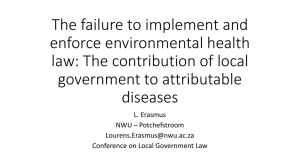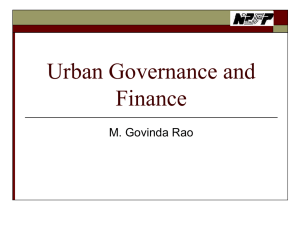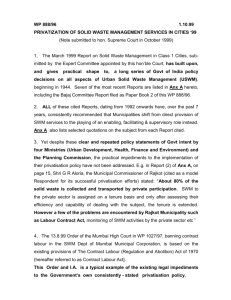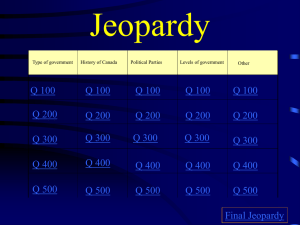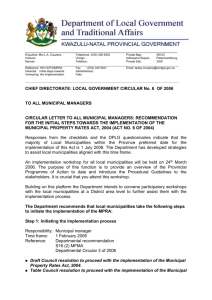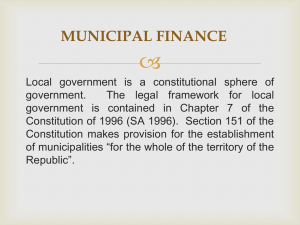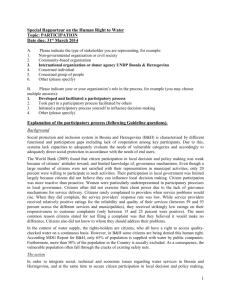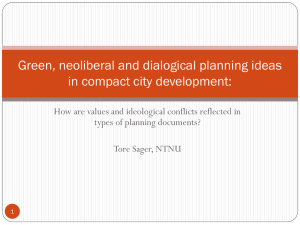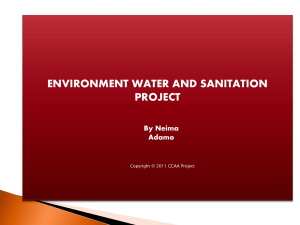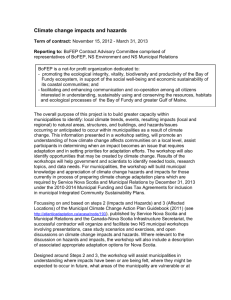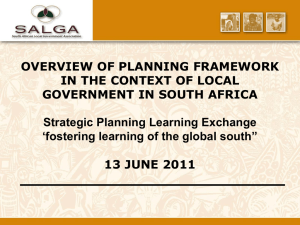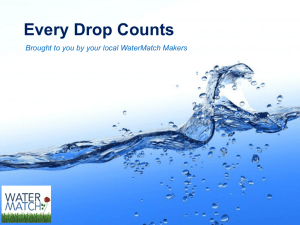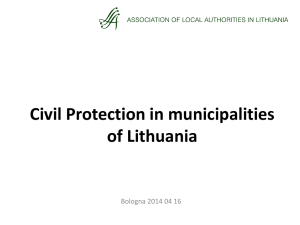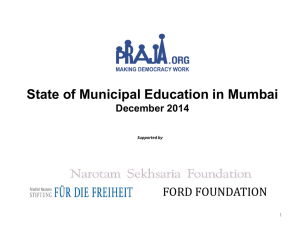Lebanon - UNDP in Jordan
advertisement
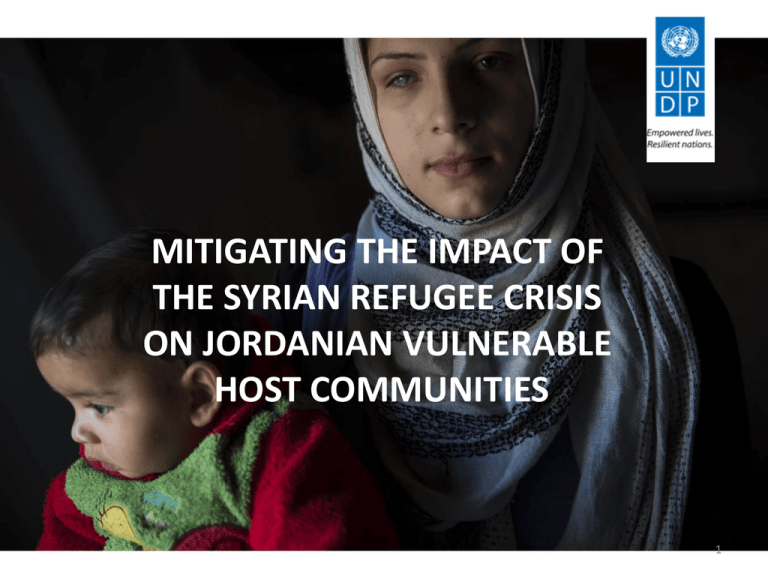
MITIGATING THE IMPACT OF THE SYRIAN REFUGEE CRISIS ON JORDANIAN VULNERABLE HOST COMMUNITIES 1 The refugee crisis exasperated existing vulnerabilities and compounded old challenges exposing the tragic state of affairs Limited national resources , public indebtedness, budget deficit, etc... Limited response capacity… weak local governance structures with bankrupt, heavily indebted, bloated and dysfunctional municipalities Inadequate access to basic social services, especially SWM, W&S, education, health, etc. Increasing marginalization, poverty, unemployment Jeopardizing the stability and security of its Northern flank, and local tensions with state institutions and between host communities and refugees. 2 UNDP Response Components 1. Creation of Short-term employment opportunities to improve livelihoods and basic social services delivery • • • • • • 3,000 rapid employment opportunities created 200 on-the-job training opportunities provided 2,000 youth with saving schemes partnerships on enterprise development in SWM alternative livelihoods projects supported 30 community-based projects implemented 2. Enhanced local economic development through skillsmatching, MSMEs growth and capacity development• • • • • • 300 men and women in targeted vocational training 100 SMEs established and developed 100 groups/individuals provided with start-up grants Mentoring services for sustainability Awareness and advocacy 100 business ideas and projects supported for skilled Jordanians - Local labor market surveys - Private sector demand driven vocational training for placement and retention - MSMEs through venture capital investment with the private sector UNDP Response Components 3. Improved delivery of municipal services - Rehabilitation of basic socio-economic infrastructure, focusing on SWM Provision of SW equipment and machinery Municipal capacity development for service delivery Develop state-society trust and social cohesion 4. Host Community Coordination and Planning - - Host Community Platform Secretariat Local coordination committees established in Irbid and Mafaq National Resilience Plan - Municipal assessments SWM Municipal initiatives Training and capacity development Community outreach Target Areas: 2 governorates, 36 municipalities, 1,437,400 Jordanian citizens, housing 380,000 Refugees Implementing the Resilience-based Approach COPING RECOVERING Labor market assessment Vocational training and placement SUSTAINING Livelihoods restoration Basic services/ Local Governance Local service delivery Livelihood/ Economic Empowerment Emergency employment SWM implementation Quick municipal projects MSMEs, venture capitals, coaching SWM plan implementation Capacity development Planning and Coordination Protection/ Human Rights Coordination platforms: central and governorate National Resilience Plan Sustainable Placement Poverty reduction strategy Employment strategy Business linkages Municipal reform: legislation, financing, systems Aid effectiveness and donor coordination Monitoring & Evaluation Partners Government Ministries: Planning and International Cooperation, Interior, Municipal Affairs, Labor Governorates of Mafraq and Irbid Municipalities Academia: University of Jordan, Yarmouk University Development Partners Japan Swiss Development Agency USA Canada DFID World Bank Non-Governmental Organizations ACTED, RUWWAD, Jordan Career Education Foundation, We Are All Jordan. Private Sector Organizations LG, Petra, Deluxe, Fujica

